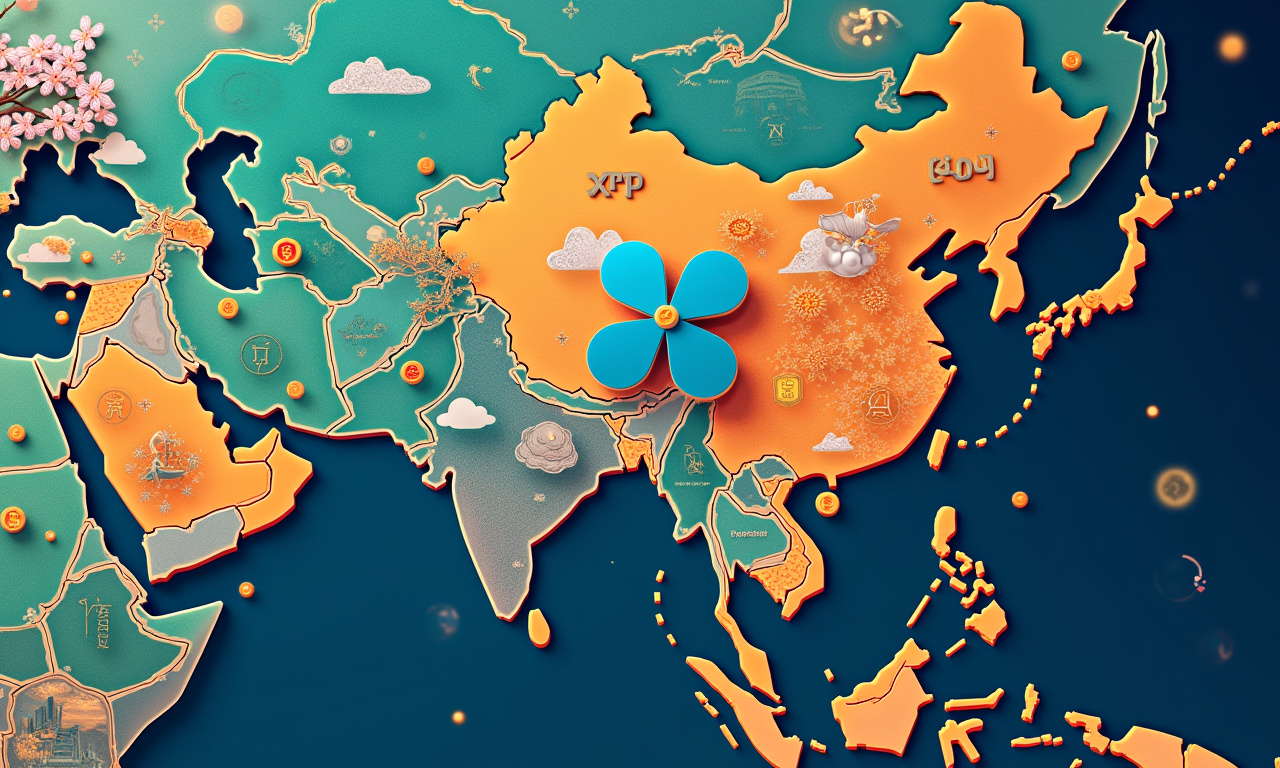
AI Music: How Filipino Creatives Are Cashing In, Not Selling Out

Josefa dela Cruz
The fear is palpable: AI is coming for our jobs, our art, our very humanity. You probably see the headlines and shudder. What if, just what if, instead of a dystopian hellscape, AI was the path to continued prosperity — the alternative to decline? For creatives in the Philippines, establishing a foothold on the worldwide music stage can seem like a distant goal. That doesn’t mean it’s not doable!
Let's be real. The traditional music industry? It's a beast. For each celebrated, internationally known Filipino artist, there is a generation of underpaid, underappreciated hustling Filipinos, grinding, scraping by, and just not getting by. They’re gigging for pennies, wrestling with disgusting agreements, and scrambling to survive in a world set to work them into the ground. You know it, I know it.
What if AI could democratize opportunities and make the sidewalk safer at the same time? Platforms such as HAiO, which combines the power of AI with Web3 technology, are providing a preview of that potential. Get to know Mang Nestor, a kudyapi master from an indigenous minority village. His music, steeped in deep ancestral narratives, hasn’t made it outside of his home province. Now, he can collaborate with AI to generate accompaniments and hone the timbre of his tones. For so many other creatives, he can create art that’s shared with the world while retaining ownership and being compensated properly.
Unexpected connection, right? Traditional Filipino folk music getting a new life, thanks to artificial intelligence. It sounds crazy, but it’s happening.
We don’t want to replace Mang Nestor’s artistry with soulless algorithms. It’s not about replacing it, it’s about augmenting it, amplifying it, giving it the tools it needs to compete in a globalized world.
The real game-changer here is ownership. To be different from traditional platforms, HAiO uses the power of blockchain and NFTs. This groundbreaking model reels creators in with the opportunity to confidently own a share of their music’s eternal promise. You’re doing much more than just releasing your song. You’re minting a new AI agent, you’re claiming ownership over it, and you’re actually getting rewarded as it does well! It’s like having your own little mini-record label, without the crazy contracts and predatory gate-keepers.
Think about it. For far too long, artists have been taken advantage of, signing their rights for dozens of pennies in exchange for a fleeting chance at stardom. Now, thanks to NFT co-ownership, they can do more than just claim ownership of their creations – they can financially benefit from their success right alongside them. This isn’t simply a financially motivated endeavor, this is about artists regaining power, about artistic independence. This is about empowerment!
Now, naturally, you might be wondering, isn’t this “selling out”? And isn’t partnering with AI like selling one’s soul or betraying the artistic muse for fame and fortune?
I say, absolutely not. At core, selling out is about sacrificing your artistry and your values just to get that paper. But it’s hurting your art to play for the algorithm. With AI, you can strengthen your voice and transform your advocacy to have a broader impact. And it might even help you to make a career out of what you love! That's not selling out, that's smart business.
This is particularly important because the traditional music industry is known to be a closed shop. Web3 combined with AI provides a unique opportunity to break it wide open.
Plus, let's address the elephant in the room: copyright. The magic of blockchain, and what makes it exciting, is that it can provide a transparent and immutable record of ownership. It simplifies the process of monitoring and enforcing rights, greatly diminishing the chances of an infringement. It’s not a perfect system, but it’s a monumental advance over the current Wild West.
According to Fortune Business Insights, the AI agent market is expected to explode, exceeding $47 billion by 2030. The bigger question of course is not if AI will change the music industry, but to the advantage of whom? Will it be the major labels, furthering their continued monopoly? Or will it be the non-commercial artists, long overdue for a level playing field?
Platforms like HAiO are investing in the latter. They are creating a colorful, inclusive, grassroots ecosystem. Here, artists are financially compensated for their work, and fans have the ability to support their favorite artists directly. It’s a vision of a more democratic, more equitable music business.
It's early days, sure. There remain challenges to address, technical hurdles to step over, and ethical questions to grapple with. The potential is undeniable. For Filipino creatives, AI is a once-in-a-lifetime opportunity. It empowers them to prosper, establish long lasting careers of their own, and present their distinct culture—and artistry to the world while retaining their individuality. It’s an opportunity to tout to the global stage that Filipino talent is not only world-class but future-proof as well.
Who Benefits From This Revolution?
The AI agent market is projected to explode, reaching over $47 billion by 2030. The real question isn’t whether AI will transform the music industry, but who will benefit? Will it be the major labels, consolidating their power even further? Or will it be independent artists, finally getting a fair shot?
Platforms like HAiO are betting on the latter. They're building a community-led ecosystem where creators are rewarded for their contributions and where fans can directly support their favorite artists. It's a vision of a more democratic, more equitable music industry.
It's early days, sure. There are still challenges to overcome, technical hurdles to clear, and ethical questions to answer. But the potential is undeniable. For Filipino creatives, AI isn't a threat; it's an opportunity to cash in, not sell out, to build a sustainable career, and to share their unique voices with the world. It’s a chance to show the world that Filipino talent isn’t just world-class, it’s future-proof.


